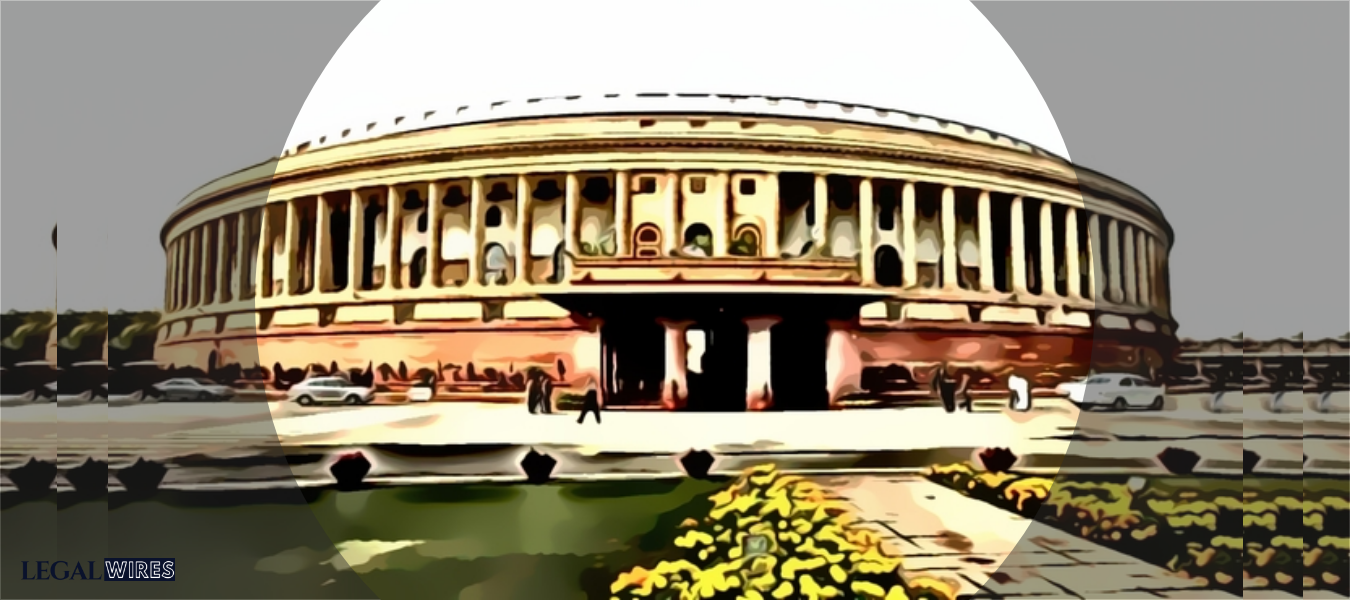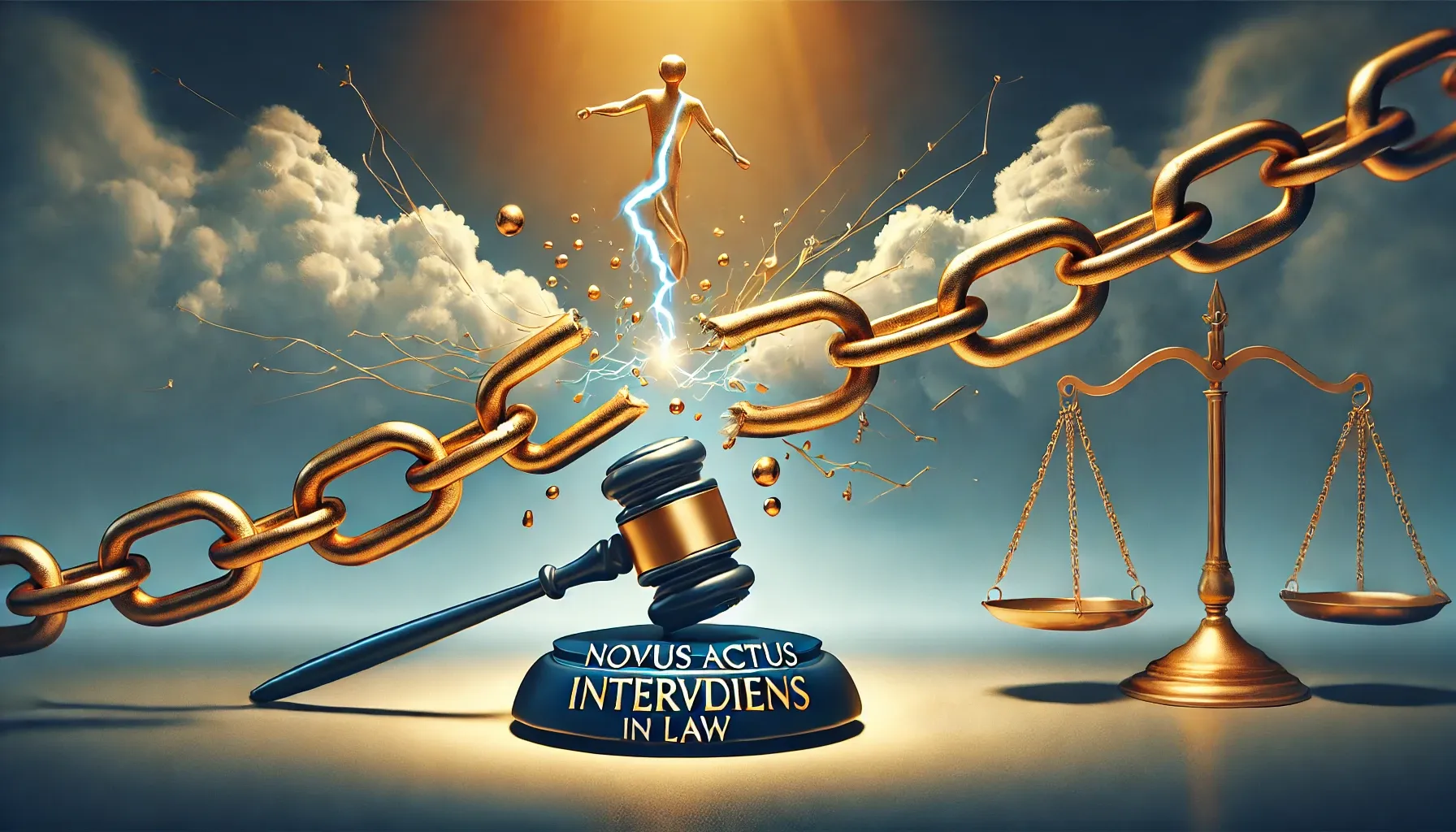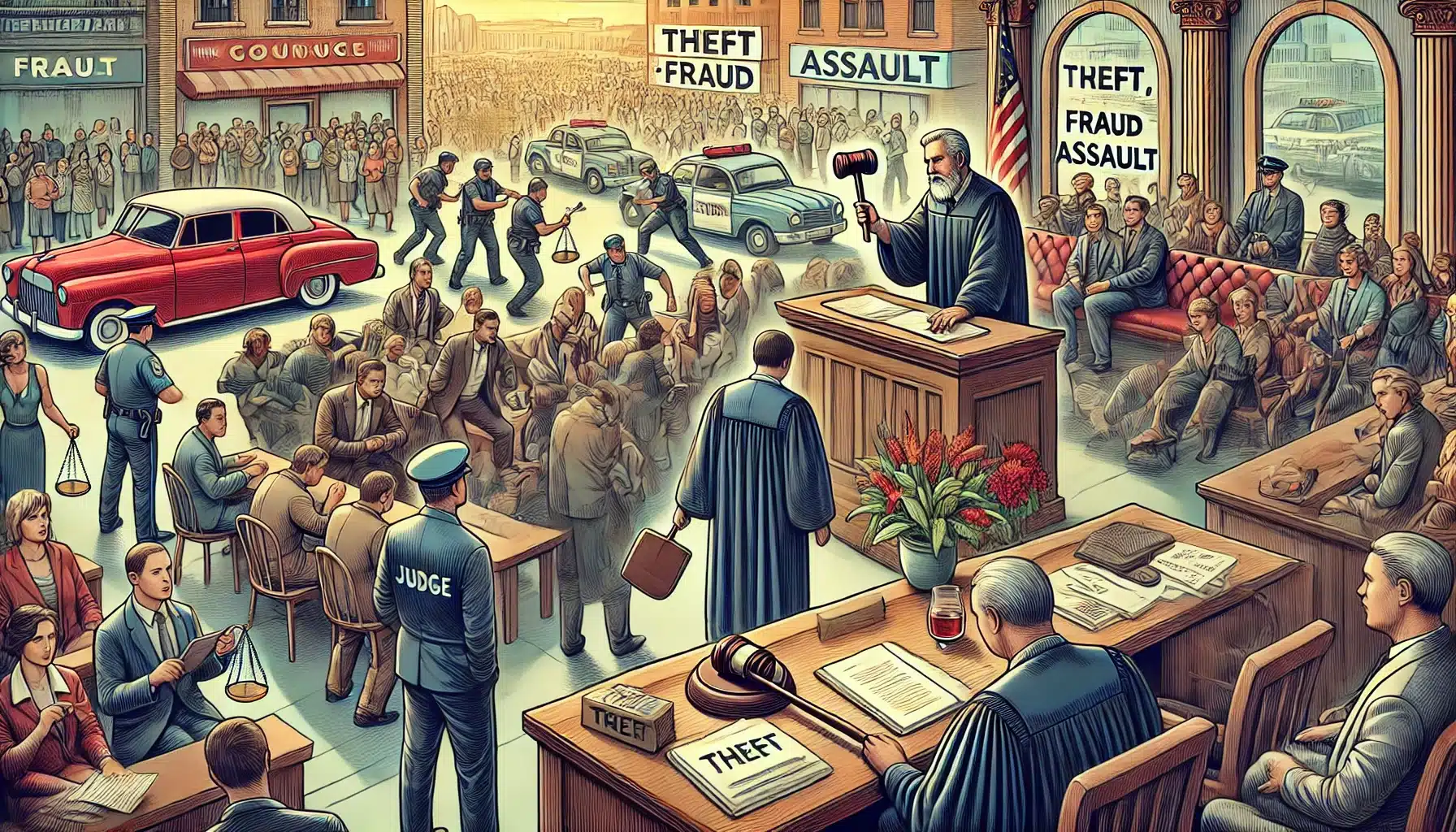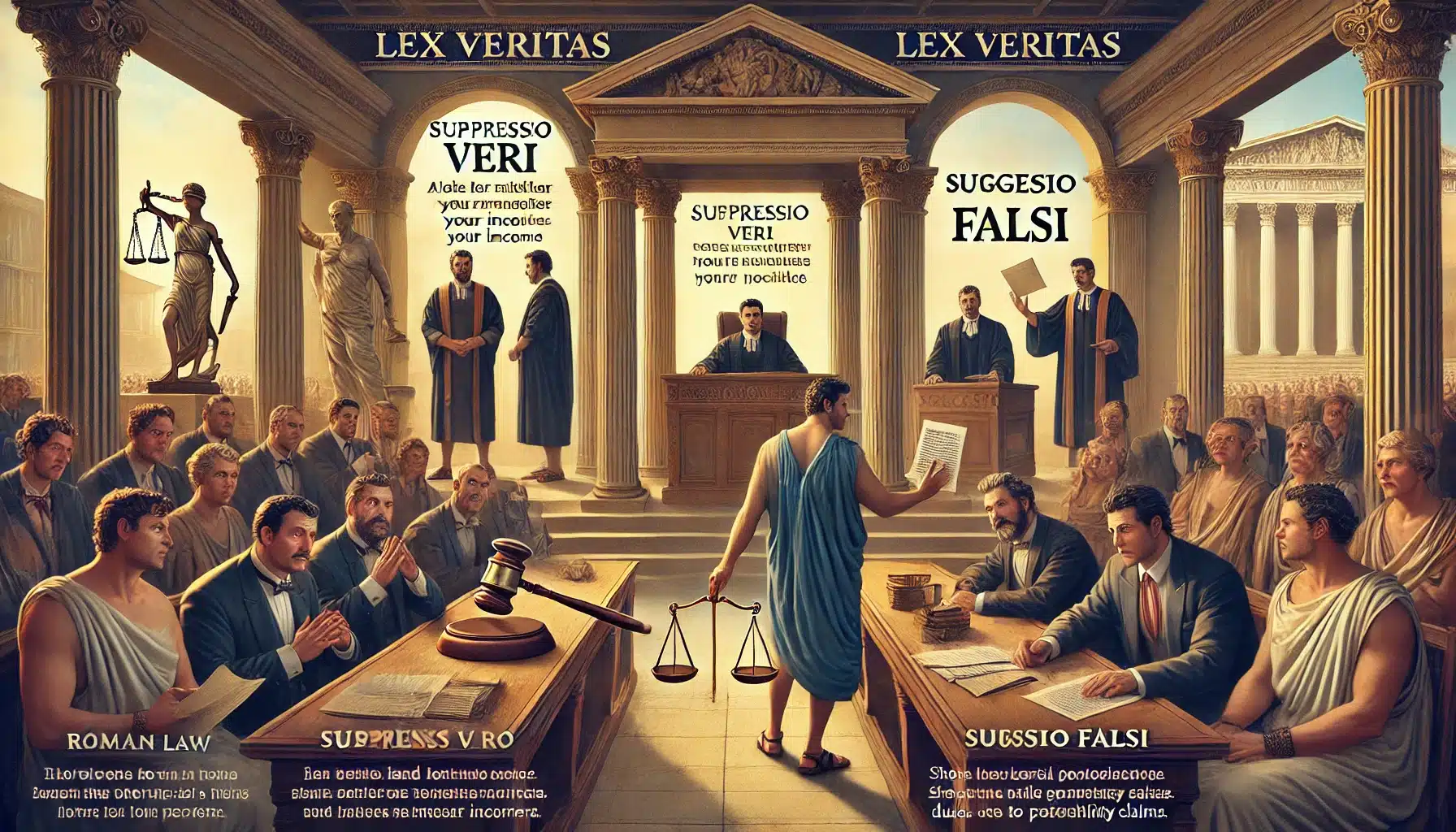Question Hour is a period in a session of a parliament during which members may put questions to ministers on matters concerning their departments.

Automated compliance and legal drafting
Definition
Question Hour is a period in a session of a parliament during which members may put questions to ministers on matters concerning their departments. Essential aspects of the term are-
- Question Hour is the first hour of a sitting session of India’s Lok Sabha devoted to questions that Members of Parliament raise about any aspect of administrative activity.
Meaning
The first hour of every sitting of Parliament is generally reserved for the asking and answering of questions This Hour has assumed greater importance because the members can elicit information through questions on matters affecting the day-to-day life of the citizens for which Ministers are collectively and severally answerable to the legislature. It is during the Question Hour that the members can ask questions on every aspect of administration and Governmental activity.
Types of Questions
Questions are of four types:- Starred, Un-starred, Short Notice Questions and Questions addressed to private Members.
- A Starred Question is one to which a member desires an oral answer in the House and which is distinguished by an asterisk mark. When a question is answered orally, supplementary questions can be asked thereon. Only 20 questions can be listed for oral answer on a day.
- An Un-starred Question is one which is not called for oral answer in the House and on which no supplementary questions can consequently be asked. To such a question, a written answer is deemed to have been laid on the Table after the Question Hour by the Minister to whom it is addressed. It is printed in the official report of the sitting of the House for which it is put down. Only 230 questions can be listed for written answer on a day. In addition to this, 25 more questions can also be included in the Un-starred List relating to the States under Presidential Rule.
- A Short Notice Question is one which relates to a matter of urgent public importance and can be asked with shorter notice than the period of notice prescribed for an ordinary question. Like a starred question, it is answered orally followed by supplementary questions.
- The Question to a Private Member is addressed to the Member himself/herself and it is asked when the subject matter of it pertains to any Bill, Resolution or any matter relating to the Business of the House for which that Member is responsible.
Notices of Questions
A member gives notice in writing addressed to the Secretary-General, Lok Sabha, intimating his intention to ask a question. Besides the text of the question, the notice states clearly-
- The official designation of the Minister to whom the question is addressed.
- As also the date on which the question is desired to be placed on the list of questions for answer.
- as also the order of preference, if any, for its being placed on the list of questions when a member tables more than one notice of questions for the same day.
The normal period of notice of a question is not more than twenty-one and not less than ten clear days. A short notice question can be asked with a notice shorter than ten days, but the member has to state briefly the reasons for asking the question at short notice.
Half-an-Hour Discussion
Where answer to a question whether Starred or Un-starred needs elucidation on a matter of fact, any member can table a notice for raising Half-an-Hour Discussion thereon. If the notice is admitted and gets priority in ballot such a discussion may be allowed by the Speaker. During the discussion, the member who has given notice makes a short statement and not more than four other members, who have given advance notice (before 11.00 hours on the day on which discussion is to be held) are permitted to ask a question each for further elucidating any matter of fact.[1]
[1] http://www.parliamentofindia.nic.in/ls/intro/p6.htm




